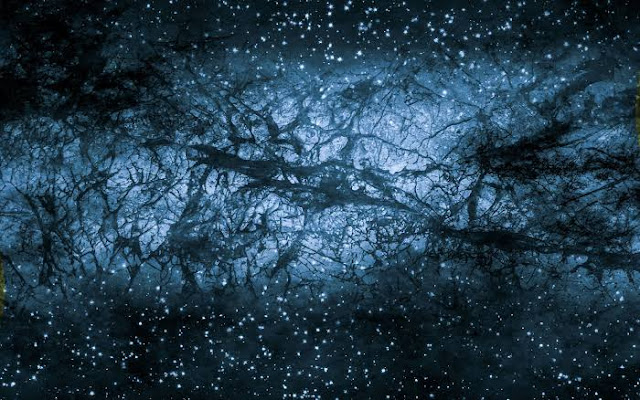Hayabusa probe 2: What Japan expects from its fragments of the asteroid Ryugu
Dark matter International Research Science Space TechnologyHayabusa probe 2: What Japan expects from its fragments of the asteroid Ryugu
Next week, the Japanese Space Agency will open the capsule containing rock fragments taken from the asteroid Ryugu and brought back to Earth on December 5. These samples should provide information on the origin of the Solar System and life on Earth.
The eyes of astrophysicists around the world are on the city of Sagamihara, south of Tokyo, home to a research center of the Japan Aerospace Exploration Agency (Jaxa). It is in this imposing white building that the very valuable samples taken from the asteroid Ryugu, which arrived from Australia on December 8, would be kept. A capsule believed to contain these potentially information-rich rock fragments was dropped in a desert area of southern Australia six days ago by the Japanese Hayabusa 2 probe.
The Agency will open the capsule next weekend to officially confirm the success of the operation, ITmedia Newsreported. In fact, anxious not to damage the famous samples by exposing them to air, the scientists took care to first transport the capsule to Japan, in order to open it in the ultravide.
At this point, no one is in a position to know if they have actually been able to recover asteroid fragments. A gas has been collected, but it is too early to say whether or not it comes from these fragments. Nevertheless, Hayabusa 2's mission itself is already a success. Makoto Yoshikawa of JAXA, whose remarks are reported by ITmedia News, said at the press conference held on 8 December:
"I'm so reassured that the capsule has come back to us. We still have to know."
Source:- Flash News and News Agencies



